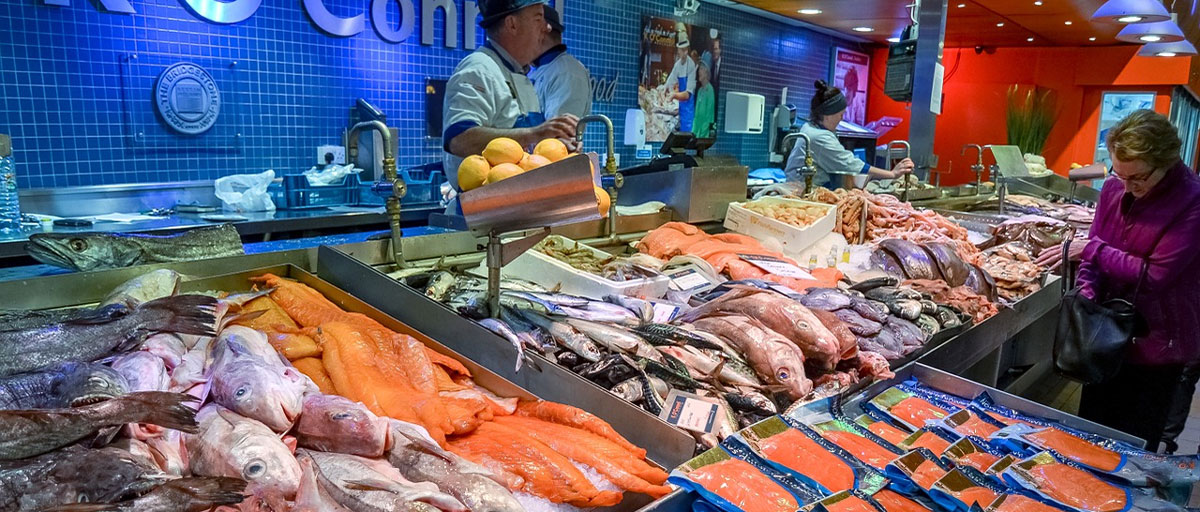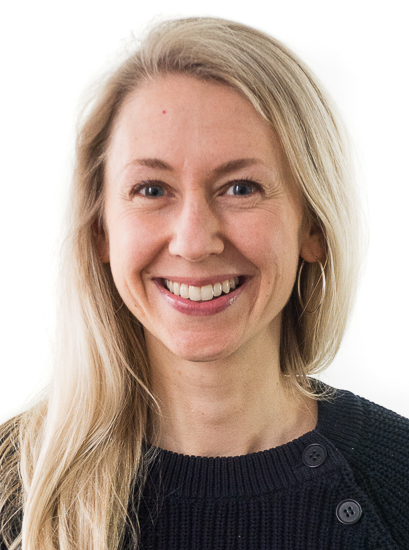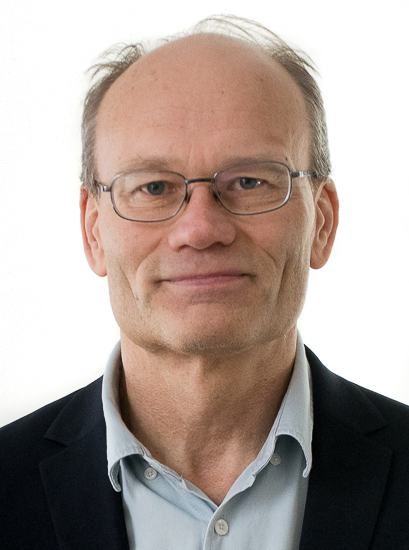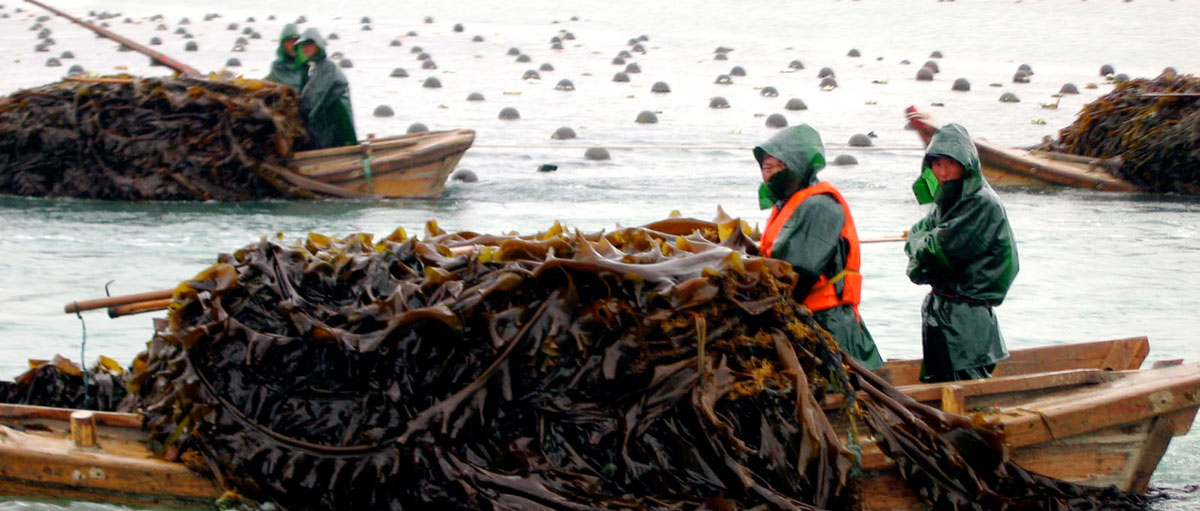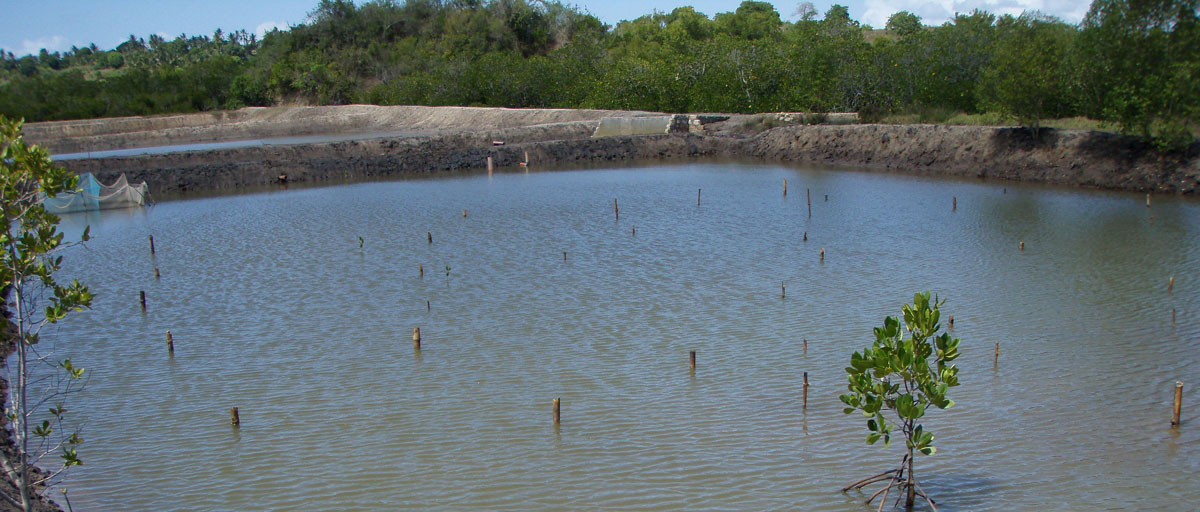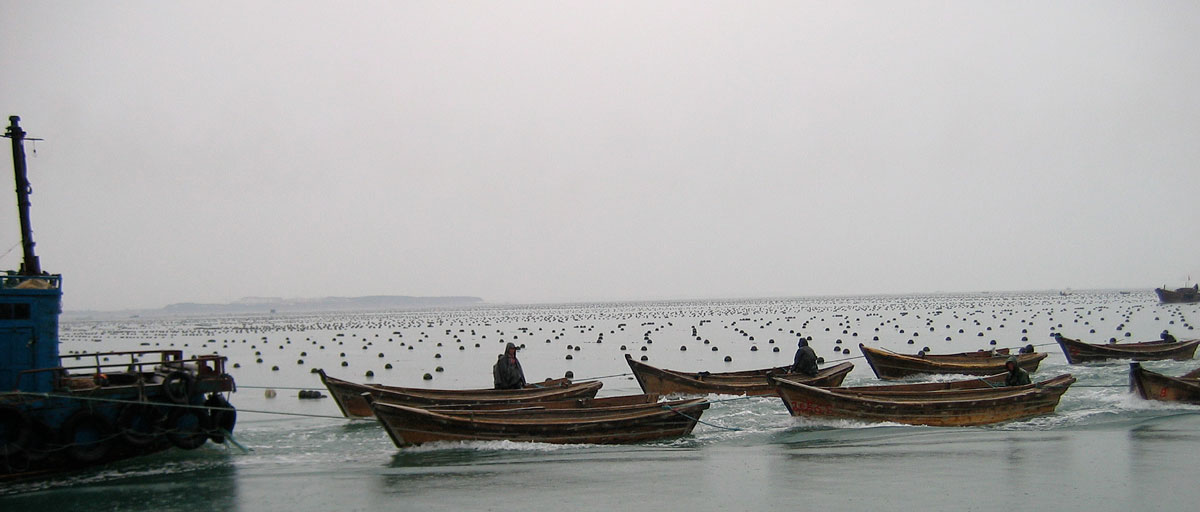Bildtext får vara max två rader text. Hela texten ska högerjusteras om den bara ska innehålla fotobyline! Photo: B. Christensen/Azote
Aquaculture and eco-certification
What a difference a label makes
Are certification schemes contributing to better environmental performance or is it just a way for corporations to get an in with conscious consumers?
• A growing number of certification schemes within the aquaculture industry seeks to address a range of environmental and social challenges by setting up standards that go beyond what is normally stipulated in national regulations
• This study investigates the differences between salmon farming governance policies in the four largest salmon producing regions and the Aquaculture Stewardship Council's (ASC) salmon standard
• Certified fish farms appear to perform better environmentally than non-certified but further stringency in standards are needed to fully tackle the challenges with aquaculture
Sustainable-labelled seafood products are now familiar options in grocery stores. But what difference does a certification really make?
In the light of overfished oceans and conventional land food systems that use too much water and nutrient resources, farmed fish can be a promising alternative. Aquaculture has grown exponentially and salmon is one of the most economically valuable farmed species.
Today, 90 percent of global salmon production is farmed compared to the 1970s when salmon was a wild capture industry only. But free lunches are still not a thing and the booming fish farming industry has caused a range of social and environmental problems. Private certification initiatives try to tackle these challenges and the Aquaculture Stewardship Council (ASC) is one of the most well-known.
In a recent study published in Marine Policy, centre researchers Malin Jonell and Max Troell, together with Ola Luthman from Södertörn University in Sweden asked: what does the ASC standard add to conventional governance policies and to what sustainability dimensions does it contribute most? A rather straight forward question that took some to find answer to.
The Aquaculture Stewardship Council should not be thought of as the panacea that will ‘fix’ fish farming. The standards perform comparatively better in sharpening the environmental performance of fish farms but there is still room for improvement.
Ola Luthman, lead author
Several aquaculture challenges
Scanning available literature, the researchers identified specific challenges facing salmon aquaculture: feed, interaction with wildlife, fish health, and farm waste.
Fishmeal and oil from wild fish are common ingredients in farmed fish feed. The industry’s dependency on fish ingredients is likely contributing to, rather than mitigating, overfishing but initiatives exist for sourcing feed ingredients from sustainably fished stocks. Small fish are also used directly for human consumption and fish farms are sometimes competing with local fishing communities, most notably in the Global South where most of the fish meal and oil is sourced. Vegetable alternatives are a possible solution but, as Malin Jonell explains, “a shift to plant-based feed currently means a shift to soy which has its own baggage in terms of deforestation and displacement of small farmers and indigenous people world-wide.”
Most of the salmon farming takes place in sea-based open net pens and interaction with surrounding wildlife is inevitable. Sea lice outbreaks in the pens is a well-known headache for fish farmers and can easily spread to wild salmon populations. Farmed fish that escapes and mix with wild stocks are another huge problem as the vast majority of the wild Atlantic salmon stocks have been depleted and are now vulnerable and in some cases even endangered. In some areas of production, the farmed salmon species is considered invasive and escapees’ impact on the ecosystem is unknown.
Antibiotics are used in fish farming to enhance growth and prevent disease. The World Health Organization warns that the misuse of antimicrobials is driving resistance and lists a number of antibiotics that are critical to human health. Many of these are routinely used in fish farming although a large part of the salmon industry is in the forefront for reducing use i.e. through vaccines.
Salmon farm operations produce large amounts of waste and excess feed which causes nutrient loading that negatively impacts surrounding ecosystems. On top of antibiotics, various kinds of parasiticides can be used to combat sea lice and these chemical compounds are dispersed with the ocean water.
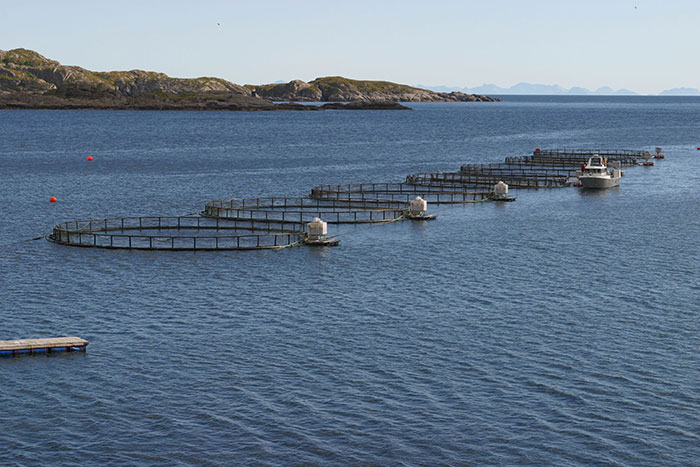
Norwegian salmon farm (Atlantic salmon). Photo courtesy of Nofima
Better but not good enough
National efforts to mitigate the bad and realize the good with aquaculture has been criticised for being too slack and slippery. As mentioned previously, private certification initiatives try to fill the gaps and the ASC has to date certified over 320 salmon farms.
The researchers compared the ASC production standards with the national regulations of the four largest salmon producing countries: Norway, Chile, Scotland (UK), and British Colombia (Canada). Across all four categories of challenges, the researchers found the ASC standards to be more stringent than the national regulations.
The biggest difference was found in Chile while the Norwegian regulations were close to the ASC level. The most important contributions of ASC certification proved to be (1) an allowed maximum of escaped fish per production cycle, (2) a requirement to the extent possible use certified sustainable-sourced fish meal and oil, (3) the prohibition to use critical antibiotics, and (4) tougher requirements on monitoring of waste levels.
Still leeway for unsustainable solutions
The ASC should not, however, be thought of as the panacea that will ‘fix’ fish farming. The authors point out that the standards perform comparatively better in sharpening the environmental performance of fish farms but there is still room for improvement.
The ASC still allows the use of non-certified fish ingredients in feed and recent changes in the standards provide additional leeway for producers to use terrestrial feed that is not sustainably sourced. The standard is, however, under development. The open characteristics of sea-based net pens used for salmon farming constitutes the basis for problems with escapes, waste, and the spread of disease and chemical compounds.
Methodology
The researchers used additionality as a measuring method and applied Milton Friedman’s framework of positive (what is) and normative (what ought to be) policy analysis. Based on available scientific data, four areas of key challenges with salmon farming were identified: feed, fish health, interaction with wildlife, and waste. The performance of national regulations and the ASC standards in these areas was compared by calculating potential additionality. Additionality was defined as benefits steaming from the ASC standards that goes beyond what is expected from national regulations. In other words, the national regulations served as the ‘business as usual’ baseline against which the ASC standards were compared. The study assumed that the national regulations are followed i.e., the BAU is based on policy analysis not empirical data and cannot account for differences in enforcement between the producing regions.
Finally, a normative policy analysis was performed to evaluate the issues and potentials of the ASC standards in terms of actually leading to better environmental performance in the four challenge areas.
O. Luthman, M. Jonell, M. Troell. 2019. Governing the salmon farming industry: Comparison between national regulations and the ASC salmon standard. Marine policy: https://doi.org/10.1016/j.marpol.2019.103534
Malin Jonell’s work focuses on the role of seafood in future food systems and market-based governance mechanisms that improve the growing aquaculture sector
Max Troell is a system ecologist mainly working with environmental problems associated with aquaculture. This work focuses on inter-linkages between aquaculture and fisheries, on different spatial scales.
